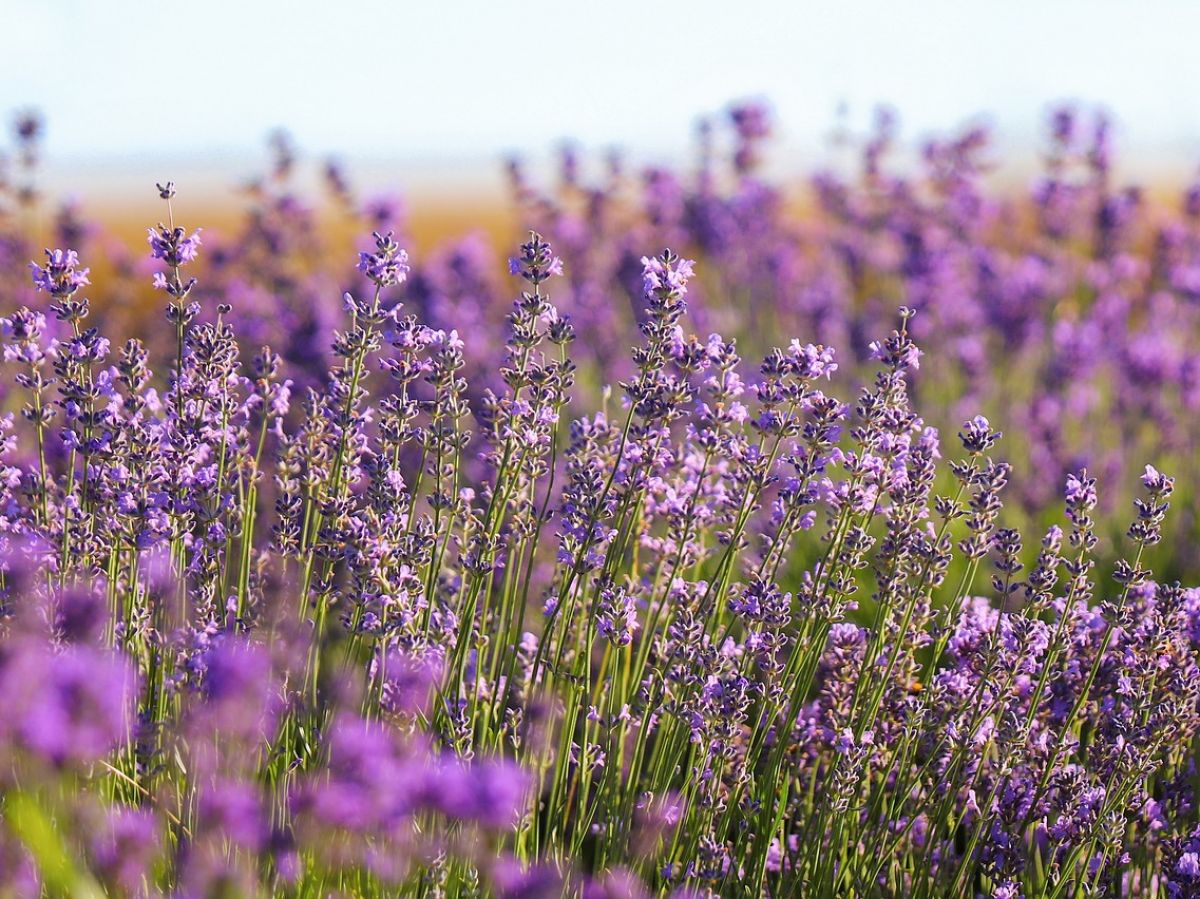This article is taken from the monthly Sciences et Avenir n°936, dated February 2025.
The smells of the world are brought by the flow of air that tickles the nostrils. But the link between smells and breathing goes further, as shown by an Italian experiment where researchers injected mint or lemon essences into the blood of volunteers. When the volunteers held their breath, they did not perceive anything. But as soon as they started breathing again, they began to smell the scent of mint or lemon, even though there was not the slightest trace of these smells in the air in the room!
Conclusion: for us to consciously perceive odors, not only must odorous molecules attach to the olfactory cilia that line the bottom of the nasal cavities (they had escaped from the very fine blood vessels that irrigate the mucous membrane), but also these cilia must be agitated by a flow of air. Now, along with odors, breathing offers another effective anti-stress tool.
First, because they have an incomparable ability to bring back past events to memory – we are of course thinking of the famous madeleine from literature. In 2011, the team of Japanese researcher Matsunaga Masahiro showed that breathing in a scent that evokes a pleasant memory improves mood and calms anxiety.
Read alsoTherapeutic Proust's Madeleine: Treating the Memory of Depressed Patients with Odors
Lavender is said to have anxiolytic power
The second way smells work is that they unconsciously push us to slow down and increase our breathing – in other words, to practice the very soothing slow breathing technique – as another Japanese researcher, Yuri Masaoka, has shown. As long as they are pleasant! Because breathing in a bad smell, on the contrary, speeds up our breathing rate. In his study, Yuri Masaoka tested this with isovaleric acid, which evokes a mixture of rotten food and sweat…
What about essential oils, which are precisely concentrates of odorous compounds? Some studies suggest that some, notably lavender, have anxiolytic power. In these experiments, their inhalation reduced stress in a range of situations, from time-limited crossword puzzles—given to students to mime performance anxiety during exams—to waiting for surgery or going to the dentist. However, meta-analyses on the subject have cautious conclusions and highlight the need for further research to truly validate this power.
By Guillaume Jacquemont


